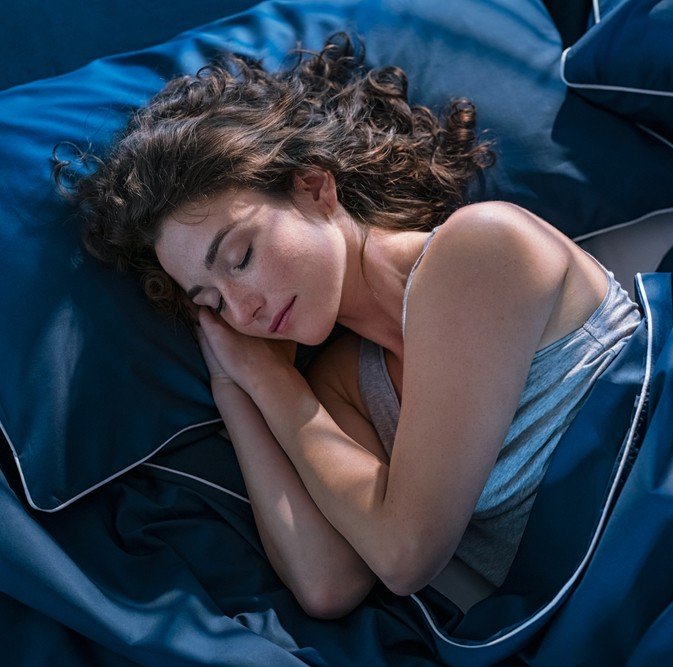Sleep is essential for our physical and mental well-being. During sleep, our bodies repair and regenerate cells, tissues, and organs, which helps to maintain our immune system, prevent disease, and promote longevity. Sleep also plays a crucial role in memory consolidation, learning, and cognitive function, allowing our brains to process and retain information. Furthermore, sleep regulates hormones that control hunger and metabolism, which can affect weight gain and overall health. Chronic sleep deprivation has been linked to a range of health problems, including cardiovascular disease, diabetes, depression, and anxiety. In short, sleep is a vital component of a healthy lifestyle, and prioritizing adequate sleep can improve our overall health and quality of life. However, many people struggle to get the recommended amount of sleep each night. Fortunately, there are several ways to improve the quality and quantity of your sleep. In this article, we will explore six of the best ways to get better sleep.
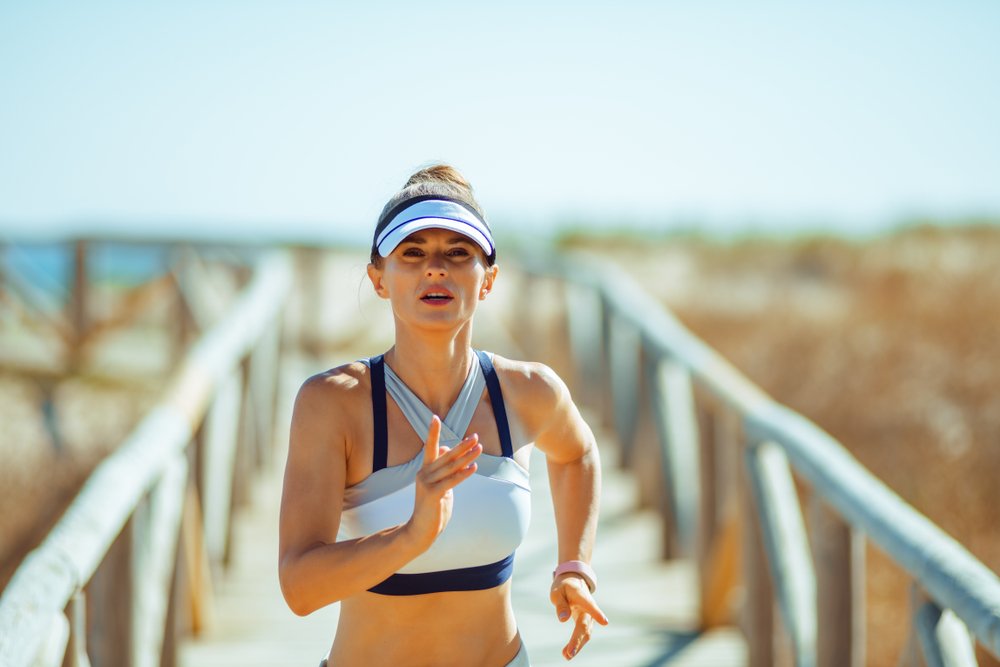
Get good exercise
Regular exercise is known to improve the quality of sleep. A couple of important benefits include reducing stress and anxiety, which can interfere with sleep. Getting your heart pumping also increases the production of endorphins, which are natural mood-boosting chemicals that can help you feel more relaxed and calm. Additionally, getting in a good workout can help regulate your sleep-wake cycle, making it easier to fall asleep and wake up at the same time each day.
However, it is essential to avoid exercising too close to bedtime since it can increase your heart rate and body temperature, making it a struggle to fall asleep. Instead, it is best to complete your fitness routine at least a few hours before bedtime.
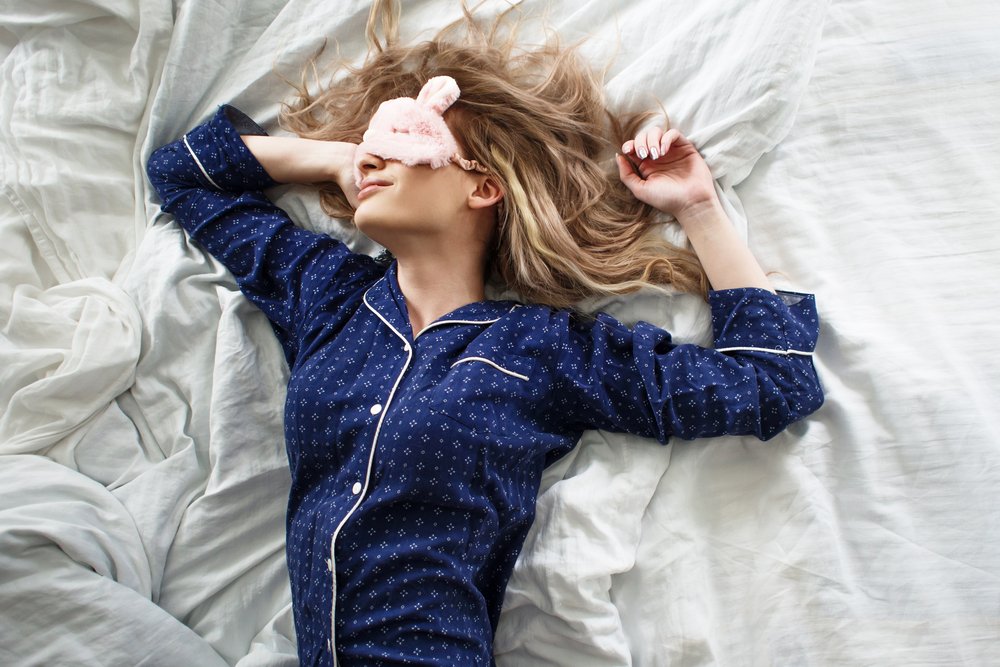
Maximize the comfort of your bedroom
Creating a sleep-friendly environment is crucial to getting better sleep. Your bedroom should be cool, dark, and quiet. The recommended temperature for sleep is between 60-67°F. Keeping the room dark can help you fall asleep faster and stay asleep longer. To achieve this, wear an eye mask or put blackout curtains on your windows. Noise is a problem that can interfere with sleep, so use earplugs or invest in a white noise machine to block out unwanted sounds. Don’t underestimate the importance of a good mattress and pillow, which can help prevent back and neck pain. It’s a good idea to replace your mattress about once a decade.
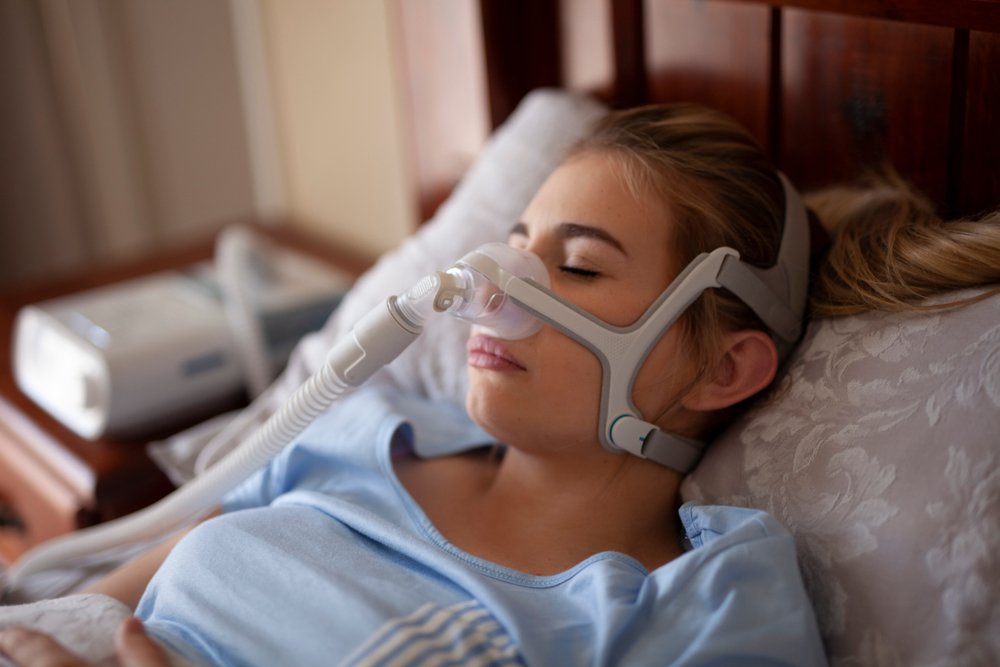
Treat sleep apnea
Sleep apnea is a sleep disorder that affects millions of people worldwide. It is characterized by pauses in breathing during sleep, which can lead to snoring and disrupted sleep. It can lead to other health problems as well, such as high blood pressure and heart disease.
If you suspect you have sleep apnea, it is essential to seek treatment. Treatment options include lifestyle changes, such as sleeping on your back, weight loss, and avoiding alcohol. Additionally, there are medical treatments available, such as Continuous Positive Airway Pressure (CPAP) therapy, which involves wearing a mask that delivers air pressure to keep the airway open during sleep.

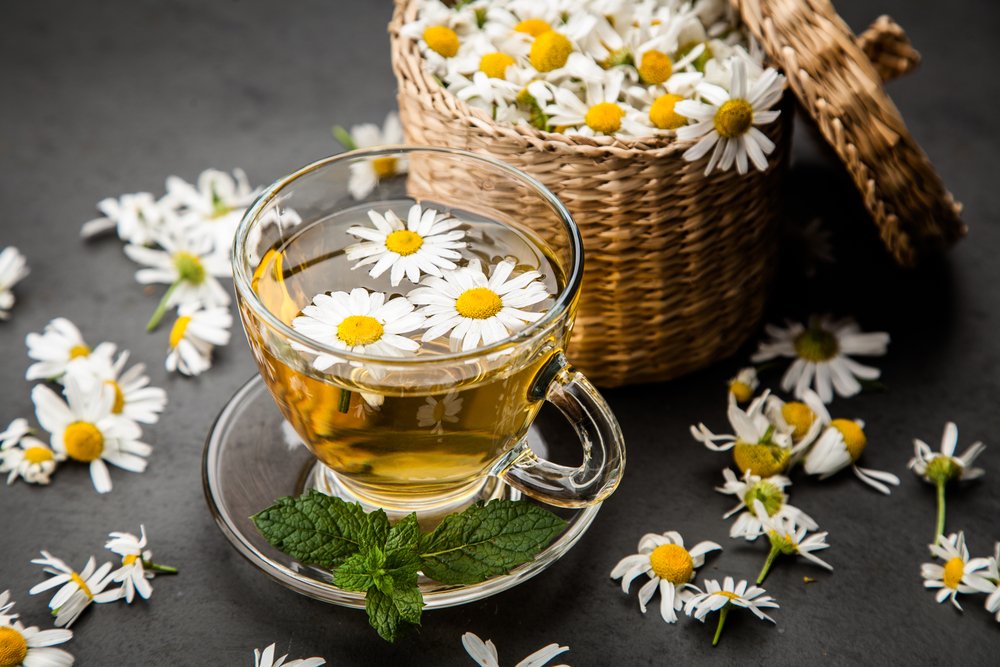
Avoid caffeine after 2 p.m.
Caffeine is a stimulant that can make you feel restless and jittery when all you want is to fall asleep. It can take several hours for the effects of caffeine to wear off, so make sure to avoid consuming caffeine in the afternoon and evening. It is also important to be aware of other sources of caffeine aside from coffee and energy drinks, such as tea, soda, and chocolate.
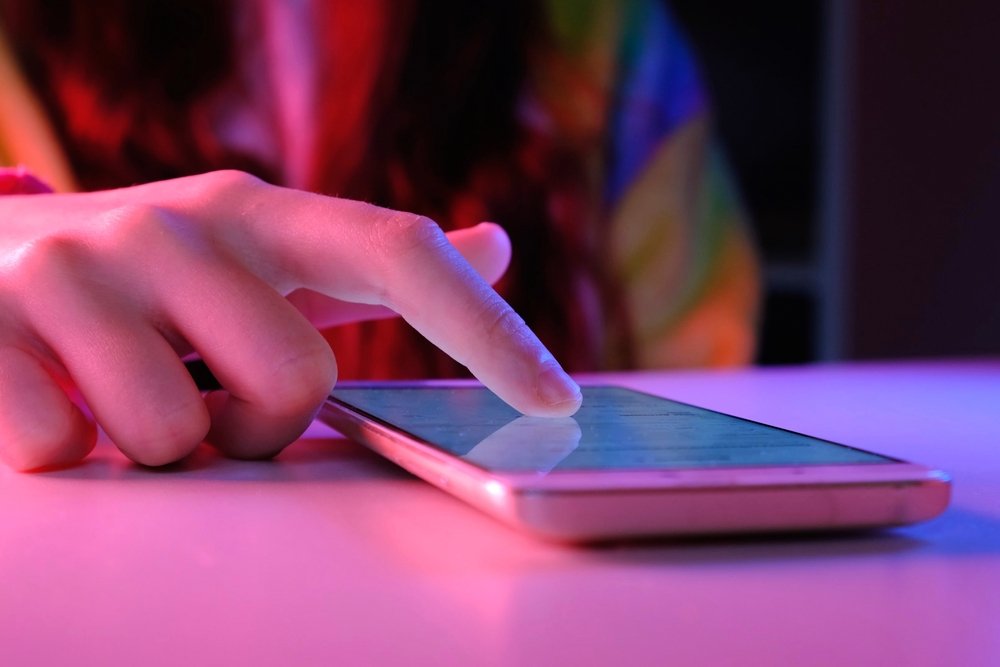
Try sleep-monitoring apps
There are many sleep-monitoring apps available that can help you track your sleep patterns. These apps can provide valuable insights into your sleep habits and help you identify areas where you can improve. SleepScore, PrimeNap, and Sleep++ are just a few of the popular apps that offer features such as smart alarms, which wake you up during the lightest stage of sleep, making it easier to wake up feeling refreshed.

Minimize alcohol before bed
Although a couple glasses of wine before bedtime do have the effect of making you feel drowsy, it can actually interfere with sleep. It disrupts the sleep cycle, causing you to wake up more frequently throughout the night. Additionally, alcohol can worsen the aforementioned sleep apnea and snoring. Therefore, if you’re going to drink, make sure to stop several hours before you hit the hay.
